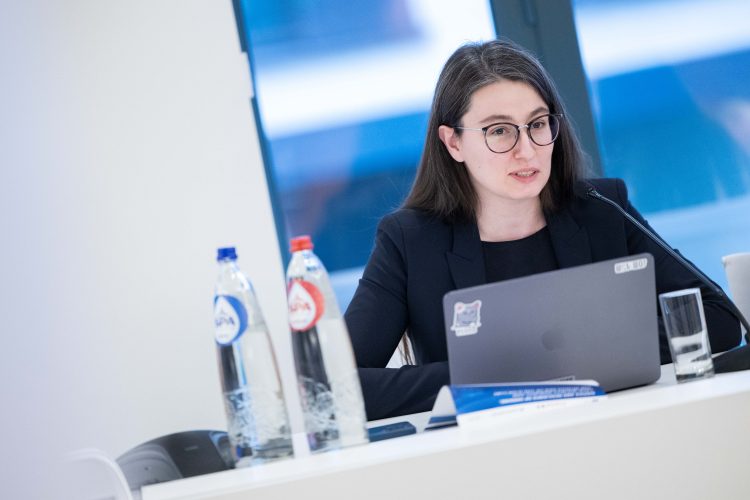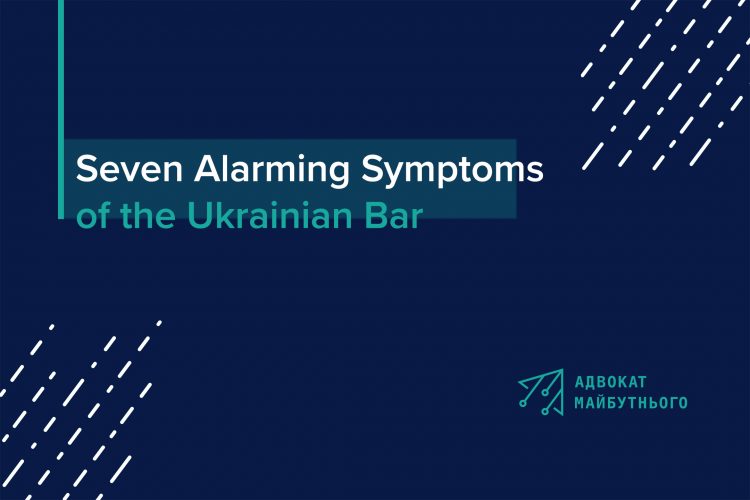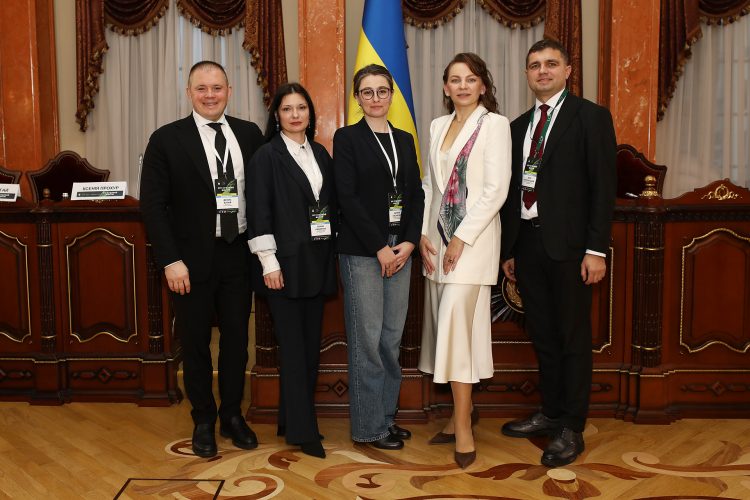
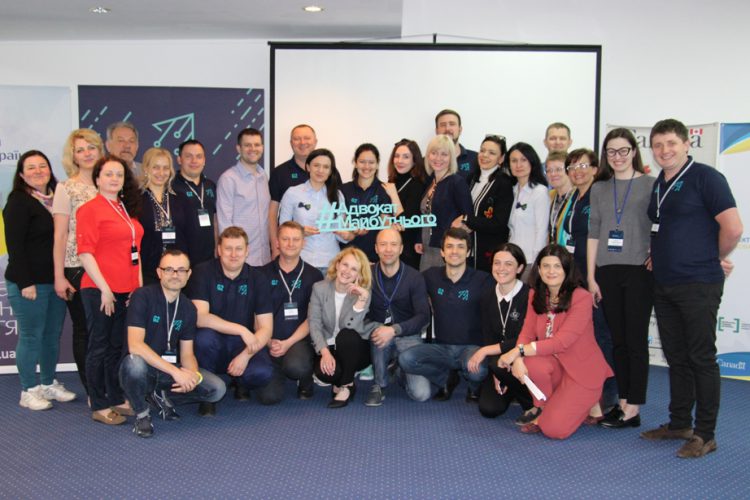
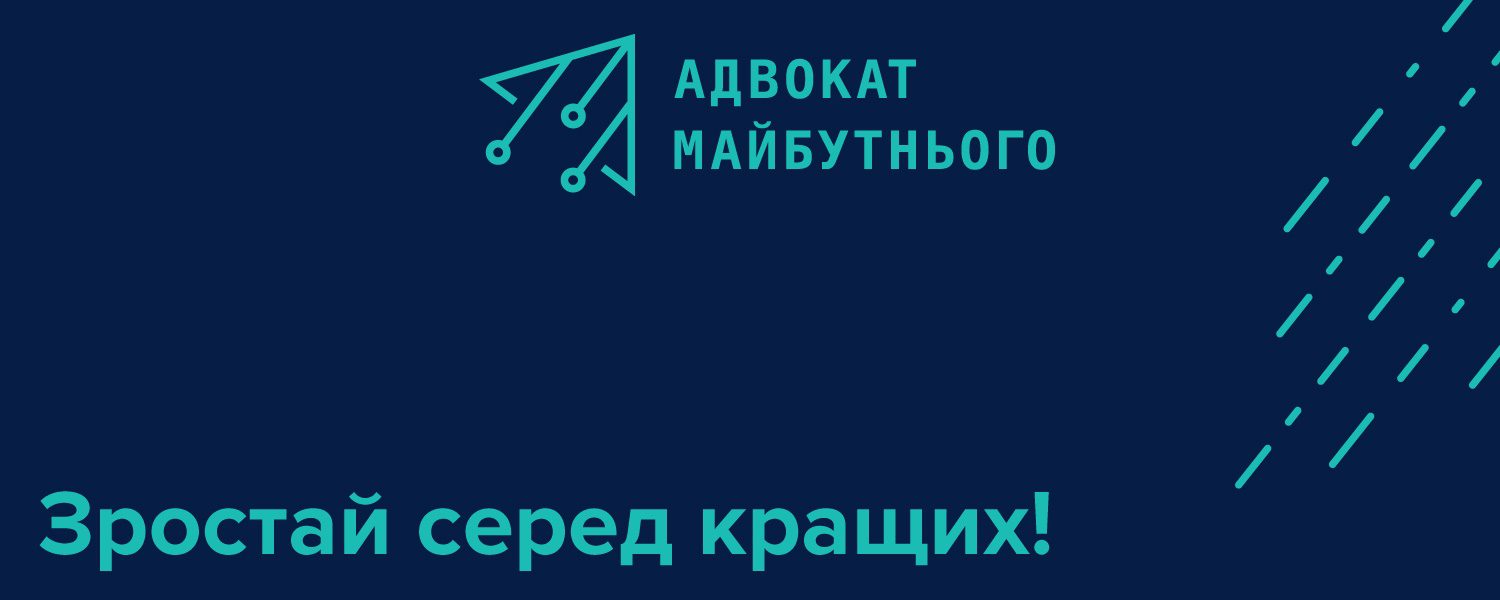
Second Group of Participants Completed the Second Module of Tomorrow’s Lawyers Program
On 12 — 14 May 2017 the second group of participants of Tomorrow’s Lawyer Program (hereinafter – the Program) completed the second Module dedicated to building collegial relations within the justice system.
Program Director Mr Andriy Vyshnevsky noted that the atmosphere of the project is unique and valuable in itself. “Not only we exchange the knowledge and emotions here, not only we communicate on the professional level, we exchange positive vibrations and energize each other. Let’s encourage this trend and use this energy for a good cause”.
The Program participants were trained by a business coach Ms Iryna Gluschenkova; a human rights activist, media person and a popular writer Ms Larysa Denysenko and a trainer on mediation Mr Roman Koval. The training process was supervised by the Program experts Ms Olga Zhukovska, Mr Andriy Kostin, Mr Volodymyr Suschenko and Ms Yulia Lisova supported by Ms Ivanna Ibragimova, expert of the Ukrainian-Canadian project “Quality and Accessible Legal Aid in Ukraine”.
The key topics of three-day training sessions covered issues of managing difficult conversations and dealing with toxic clients; conflict of interests and the fight against corruption; mediation and the role of the lawyer in the mediation process. In the course of the Module, participants had an open discussion on burning issues on interaction with the courts featuring Mr Volodymyr Kravchuk, judge at Lviv Administrative Court.
At the opening ceremony the participants were welcomed by the Program Manager Ms Daria Pysarenko and the Program Expert, Head of the Separate Department of the Bar Association of Legal Aid Providers Ms Yulia Lisova. She observed that as the training modules go by, the relations between participants are becoming warmer and even friendlier than before, which in turn makes the training process smooth and efficient. The training participants were also joined by Mr Denys Bugay, the President of the Ukrainian Bar Association and the team of the Tomorrow’s Lawyer Project.
The participants when making parallels and comparing with the preceding module, frankly admitted that the “Program has set high standards after the first module. And we all can agree that the quality thereof was even higher than before.
Also the participants noted that “in fact we were better prepared to meet the challenges of this module having received a strong background from the first Module”. Thus, the Program was developed by Ukrainian and Canadian experts with a view to keep connection and consistency between each module. “I can recognize three huge pillars which are the cornerstones of our trainings and our work in general. These are the personal connections, constant improvement of our soft skills and finally – our values. If these are the foundation bricks, then our trainers are the cement that ties them all together”.
During the second Module the following important issues were raised: conflict of interests and fighting corruption, managing difficult and toxic conversations, mediation and the lawyer’s role in the mediation process. “All of us considered these issues. And I am very grateful to experts and trainers who gave us a quality and sound background to ponder over these issues again and again”, – as noted one of the Program participants.
A full photo-report of the training module is available by the link
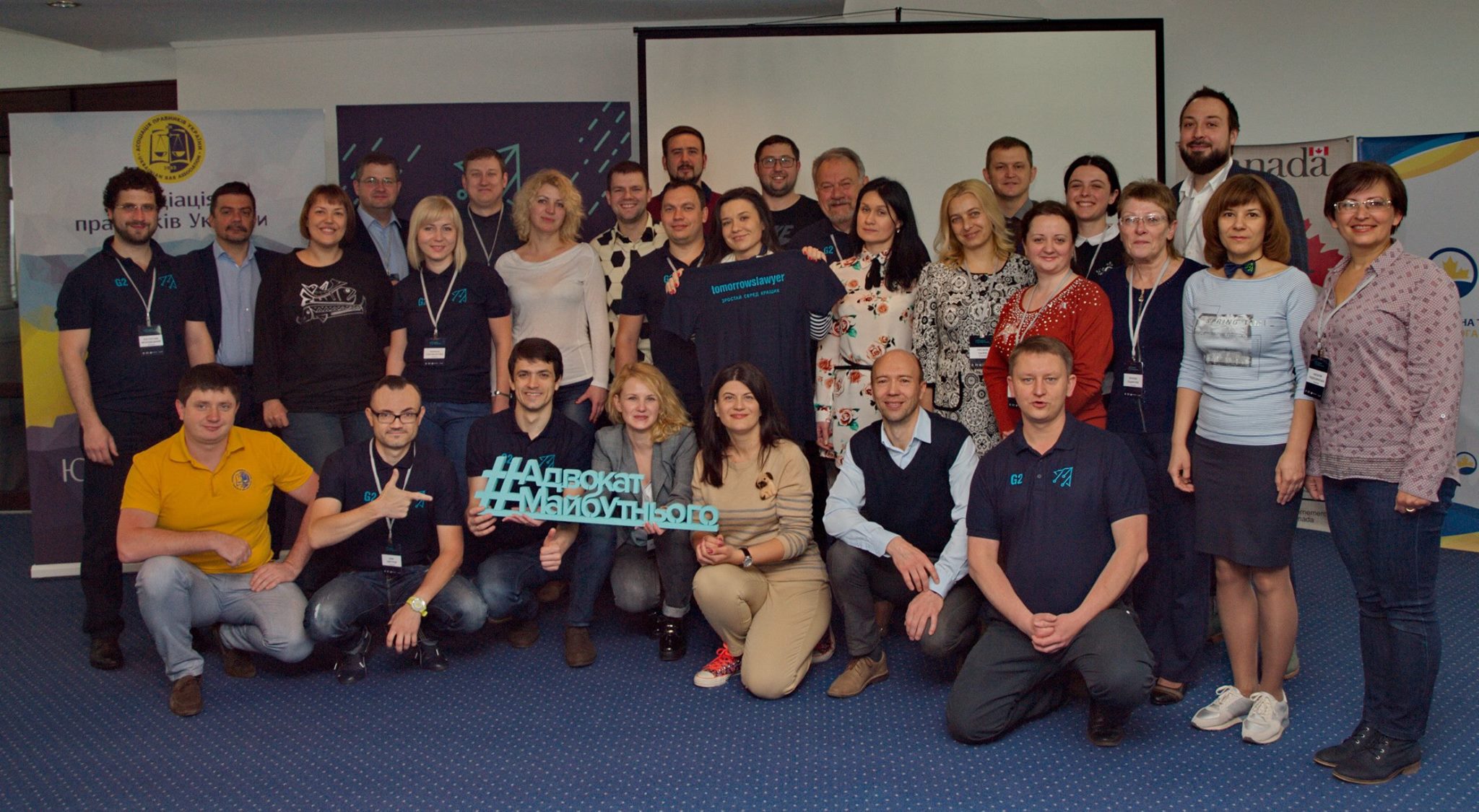
***
“Tomorrow’s Lawyer” Program is being implemented by the Ukrainian Bar Association (UBA) and the Bar Association of Legal Aid Providers (BALAP) supported by the “Quality and Accessible Legal Aid in Ukraine” (QALA) Project funded by the Government of Canada, implemented by the Canadian Bureau for International Education (CBIE) in cooperation with the Coordination Centre for Legal Aid Provision.
“Tomorrow’s Lawyer” Program — the first All-Ukrainian professional development program for lawyers, intended to form a strong and active community of lawyers who are expected to become the agents of change with high ethical standards of work; introduce reforms, both at the regional and national levels; improve standards of legal aid providing and facilitate the effective implementation of self-government functions.
In total from 707 applicants 111 lawyers were selected to attend four training modules in Kyiv, Lviv, Odesa and Kharkiv during the year of 2017.
The Program consists of four training modules, covering the most important aspects of legal practice, namely attorney-client relations, building collateral relations in the justice system, communication within the legal society, public relations and media.
